Bella Younger aka Deliciously Stella: "How my need to get likes nearly ruined my life"
When Bella Younger created her hilarious social media alter ego, Deliciously Stella, she wanted to prove that Instagram does not equal reality. She went viral. Then it all went horribly wrong
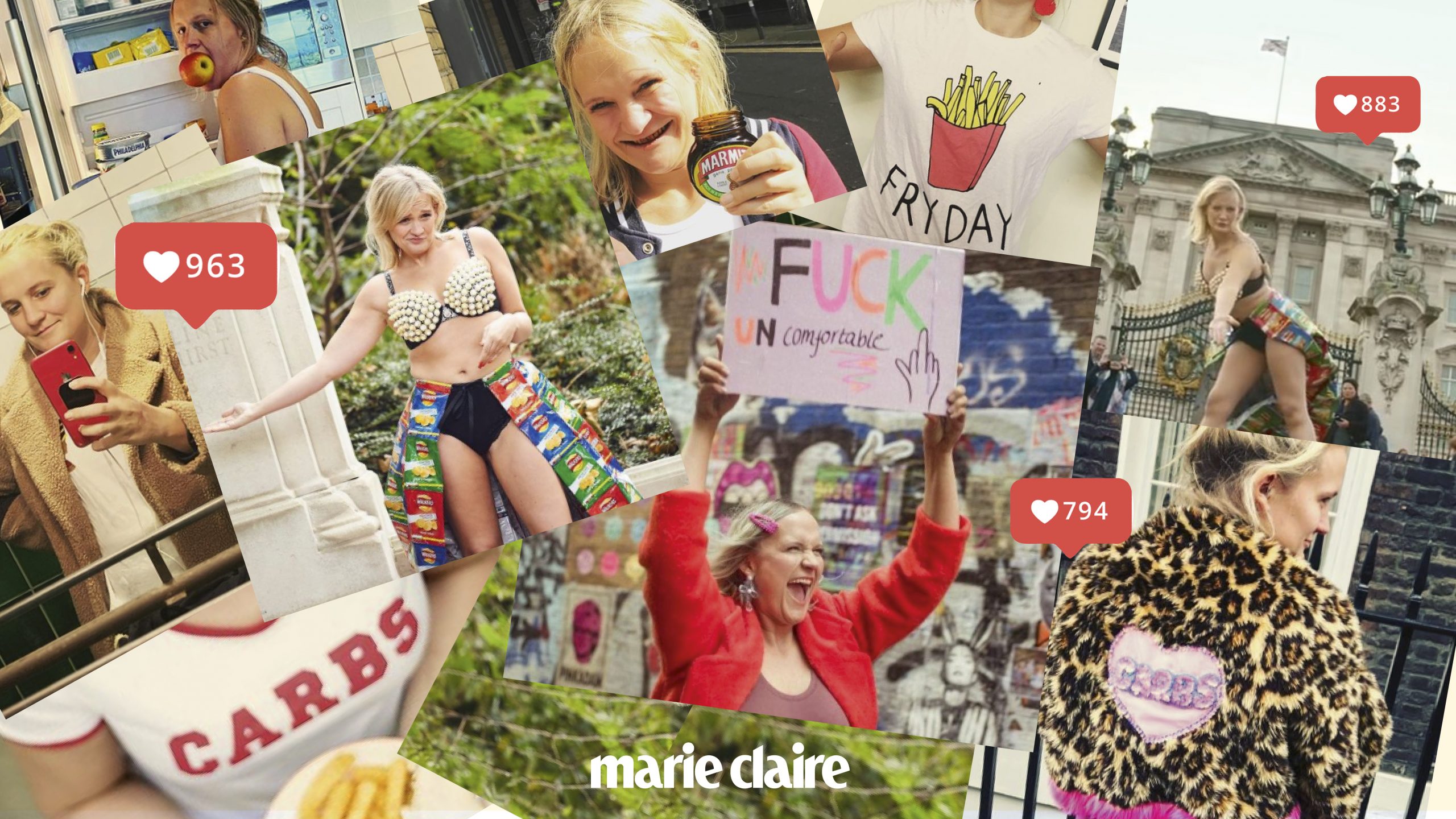

When Bella Younger created her hilarious social media alter ego, Deliciously Stella, she wanted to prove that Instagram does not equal reality. She went viral. Then it all went horribly wrong
If an influencer posts a photo and nobody likes it, do they even exist? In her fearlessly brave and relentlessly funny, The Accidental Influencer, Bella's autobiography of her life as Deliciously Stella is a must-read story of the precarious balancing act between our online and offline selves, and what happens to your mental health when the lines become dangerously blurred.
Back in 2016, Bella gained 75,000 followers overnight (me included - it was weird if you didn't follow her) and she was clocking up hundreds of likes a minute. She was the hilarious go-to girl who was sticking it to the clean-eating wellness gurus who had sprouted up everywhere with their 'expert' advice, mung bean smoothies and supermarket lines. Bella's alter ego, Deliciously Stella, was the perfect antidote to those perfect-looking woman, who it seemed never so much sniffed a potato let alone popped open a Prosecco. Sure enough it didn't take long before she was being showered with thousands of pounds for spon-con/#AD and living a life of lavish influencer gifting events.
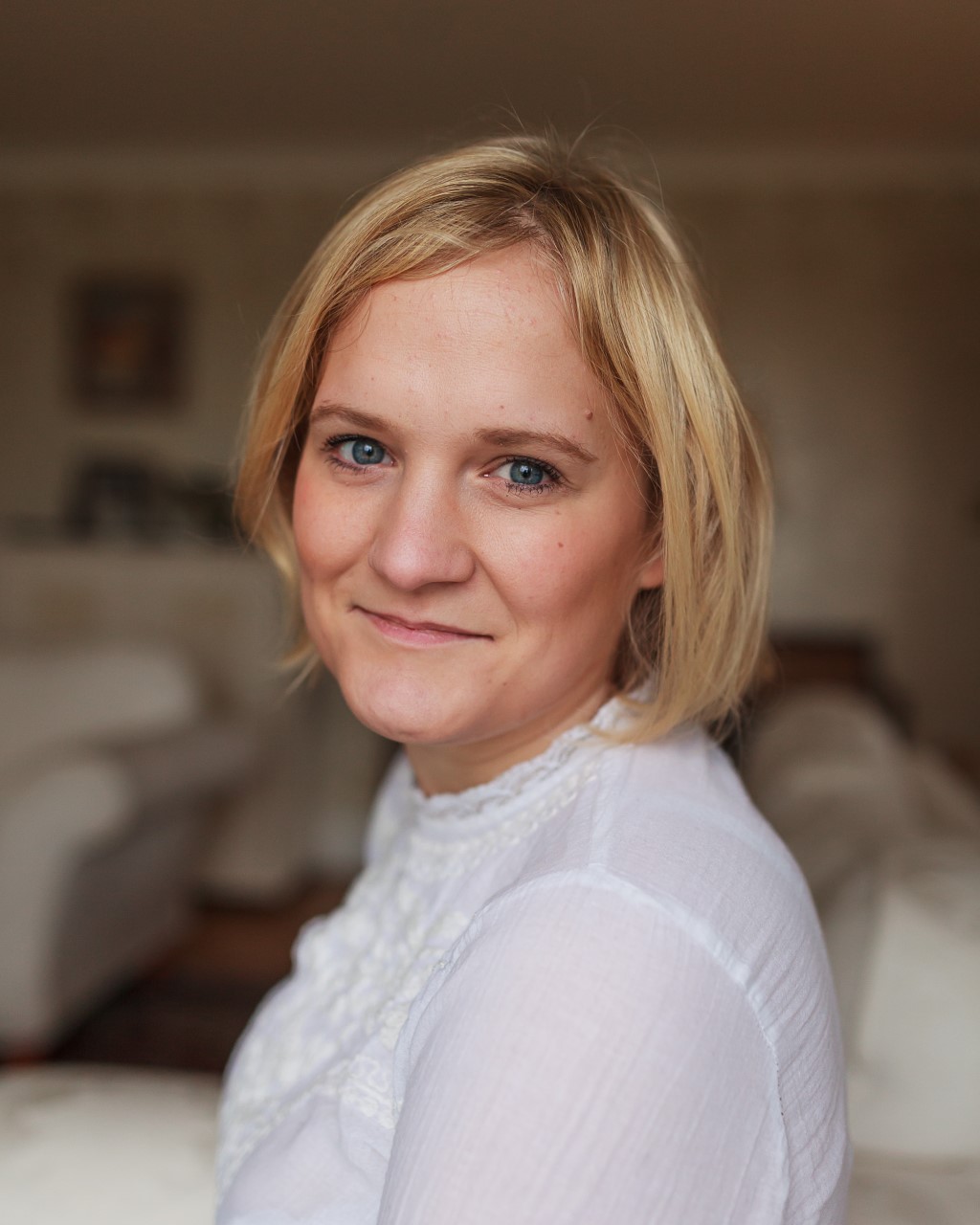
Yet behind the curated grid, Bella was realising that notification-fuelled endorphins aside, life on the 'gram was grim and taking a devastating toil on her health and mental wellbeing. And then one day, when the pressure to be 'on' and online was all-consuming, she found herself at The Priory for social media addiction. "I thought I could have lots of followers without needing followers," she said. "I thought I could be an influencer without really being an influencer."
In this extract from The Accidental Influencer, Bella's torn between all the trappings of being Instafamous and finally realising, as much as she loves to show off and always wanted to be a famous comedian, she's actually anxious and lonely...
"This is the bit where I say that fame wasn’t all it was cracked up to be and was quite invasive actually and you wouldn’t wish it on anyone – except you would because there’s always a part of you that thinks it would be nice to have it back once it’s gone.
I think it’s safe at this point to say, without sounding like a total bellend, that I was a bit famous. I’d been assigned publicists for both my book and my show, had featured in almost every newspaper and magazine I could think of and had hit the front cover of The Times. People did a double-take when they saw me on the street. In London I was someone.
Marie Claire Newsletter
Celebrity news, beauty, fashion advice, and fascinating features, delivered straight to your inbox!
I'd always wanted to be an 'It' girl
I had reached the lower echelons of the Z list and for the first time, I was aware of being looked at. Strangers would slow down and smile, thinking that they knew me, then clock that I was from the internet and hurry past with their heads down. I’d always wanted to be an 'I't girl and being recognised felt like having, if not it, then something like it.
Sometimes people would come up to me in the street and tell me they loved the account. A woman told me it had helped her to finally get over her eating disorder. Of course, I was flattered. I’d never imagined I’d actually do something good. Funny, yes, but actually useful? I gave myself a virtual pat on the back and called my mum so she could say, ‘That’s lovely, darling,’ when she really meant, ‘Can you piss off so I can watch TV? I have no idea how Instagram works.’
‘You must be absolutely cleaning up now you’re famous,’ said a friend as she bemoaned her lack of love life. ‘Have you seen my account?!’ I said. ‘I am professionally revolting and 98 per cent of my fanbase is female. Nobody wants to date the bird who puts barbecue sauce on her face for fun.’
‘I don’t know,’ she said. ‘I bet men think it’s classic.’ I remained unconvinced. I turned over the words of my friend Archie when I showed him Stella: ‘You will never get a boyfriend again.’
Maybe he was right. Maybe I was just too outwardly grotesque. I started to fear that any suitor must have ulterior motives. I stuck to one ‘celebrity’ dating app where Instagram models and the occasional A lister made slideshows of themselves skateboarding in black and white. It was so ‘exclusive’ you were pretty much shown the same seven men, over and over again, until you cracked and ended up on a date with someone who had presented a couple of shows on Radio 1 in 2002, but whose career had stalled on account of their cocaine habit.
Deliciously Stella and my sex life
Just you wait, I had thought during a particularly plain stage at school. One day I will emerge as a glamorous, celebrated wit and will be beating off your boyfriends with a stick. Maybe Stella might have beat someone with a stick of rock, but they wouldn’t have been trying to shag her.
I had also developed a strange irrational fear that if I did pull, someone might try to shag me for the story. It’s not that I think I would be anyone’s fantasy shag – far from it – but I knew deep down that I would shag almost anyone famous if I thought it would make a good story. My friend Lizzie and I once spent an entire day debating who we would or would not shag for the story. I had decided that if a man came up to me in a nightclub and told me that he had played Macnair, the Hippogriff slayer in Harry Potter, a man who wears a hood over his head for the entire film, I would have to shag him. Lizzie said the only famouses she absolutely could not shag were Boris Johnson and Noel Edmonds.
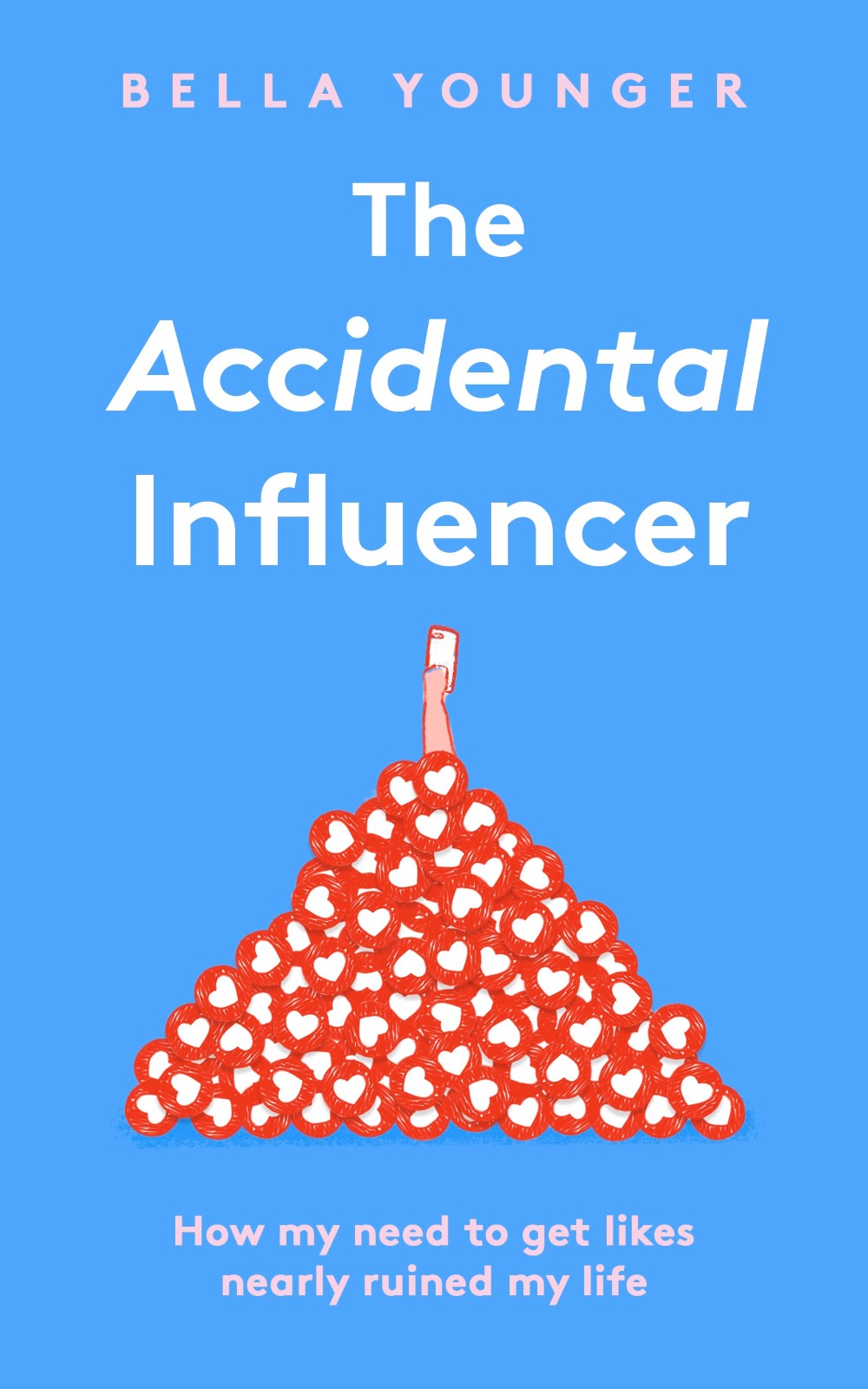
My madness followed me into the gym changing room. When you’re anonymous, it doesn’t matter if someone sees you naked because you’re just a naked body, but when someone knows who you are, they can go away thinking, 'That person’s body is like that.’ I went to an all-girls boarding school; nudity has never been something that’s crossed my mind, and yet, now that I was in the public eye, I was certain that everyone wanted to know what my vagina looked like so they could talk about it later. I made a note to bring up all of these points in therapy.
I had always thought I’d find being famous easy, like slipping into a warm bath of adoration. Growing up I wanted to be a national treasure, which my therapist assures me is a result of being ‘desperate to be seen’. I could tell that some of my friends were worried about my ego. They thought that I was an attention-seeker and a show-off, and in a way they were right. I liked the attention and I was showing off, but I also felt more exposed and insecure than ever. I wasn’t so lacking in self-awareness that I didn’t suspect they thought those things too.
Like an age-old cliché, now that I’d got what I wished for, I had buyer’s remorse. Admitting to these feelings made me feel ungrateful and I was certain nobody would believe me, so I kept them inside and soldiered on. I talked about myself to distract from the way I was feeling inside, which was anxious, lonely and overwhelmed."
* This Deliciously Stella extract is from Bella Younger's The Accidental Influencer (HarperCollins, £14.99)
Maria Coole is a contributing editor on Marie Claire.
Hello Marie Claire readers – you have reached your daily destination. I really hope you’re enjoying our reads and I'm very interested to know what you shared, liked and didn’t like (gah, it happens) by emailing me at: maria.coole@freelance.ti-media.com
But if you fancy finding out who you’re venting to then let me tell you I’m the one on the team that remembers the Spice Girls the first time round. I confidently predicted they’d be a one-hit wonder in the pages of Bliss magazine where I was deputy editor through the second half of the 90s. Having soundly killed any career ambitions in music journalism I’ve managed to keep myself in glow-boosting moisturisers and theatre tickets with a centuries-spanning career in journalism.
Yes, predating t’internet, when 'I’ll fax you' was grunted down a phone with a cord attached to it; when Glastonbury was still accessible by casually going under or over a flimsy fence; when gatecrashing a Foo Fighters aftershow party was easy-peasy-lemon-squeezy and tapping Dave Grohl on the shoulder was... oh sorry I like to ramble.
Originally born and bred in that there Welsh seaside town kindly given a new lease of life by Gavin & Stacey, I started out as a junior writer for the Girl Guides and eventually earned enough Brownie points to move on and have a blast as deputy editor of Bliss, New Woman and editor of People newspaper magazine. I was on the launch team of Look in 2007 - where I stuck around as deputy editor and acting editor for almost ten years - shaping a magazine and website at the forefront of body positivity, mental wellbeing and empowering features. More recently, I’ve been Closer executive editor, assistant editor at the Financial Times’s How To Spend It (yes thanks, no probs with that life skill) and now I’m making my inner fangirl’s dream come true by working on this agenda-setting brand, the one that inspired me to become a journalist when Marie Claire launched back in 1988.
I’m a theatre addict, lover of Marvel franchises, most hard cheeses, all types of trees, half-price Itsu, cats, Dr Who, cherry tomatoes, Curly-Wurly, cats, blueberries, cats, boiled eggs, cats, maxi dresses, cats, Adidas shelltops, cats and their kittens. I’ve never knowingly operated any household white goods and once served Ripples as a main course. And finally, always remember what the late great Nora Ephron said, ‘Everything is copy.’
-
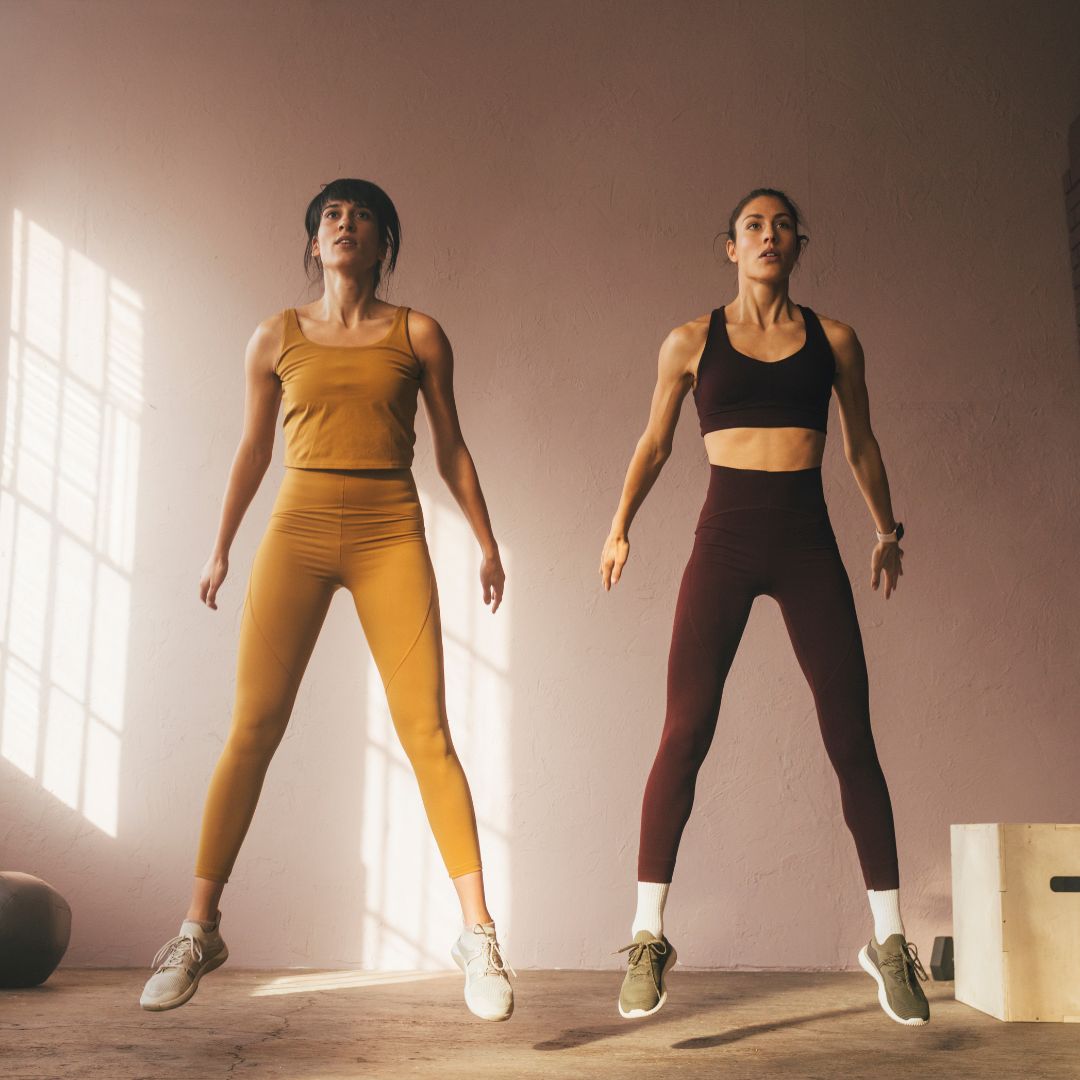 Jump training workouts are being hailed as the best longevity workout you can do - a top personal trainer shares their guide
Jump training workouts are being hailed as the best longevity workout you can do - a top personal trainer shares their guideJump to it...
By Katie Sims
-
 I’m a bride who loves injectables—here are the dos and don’ts of getting them ahead of your wedding
I’m a bride who loves injectables—here are the dos and don’ts of getting them ahead of your weddingA game-changer, if done correctly
By Tori Crowther
-
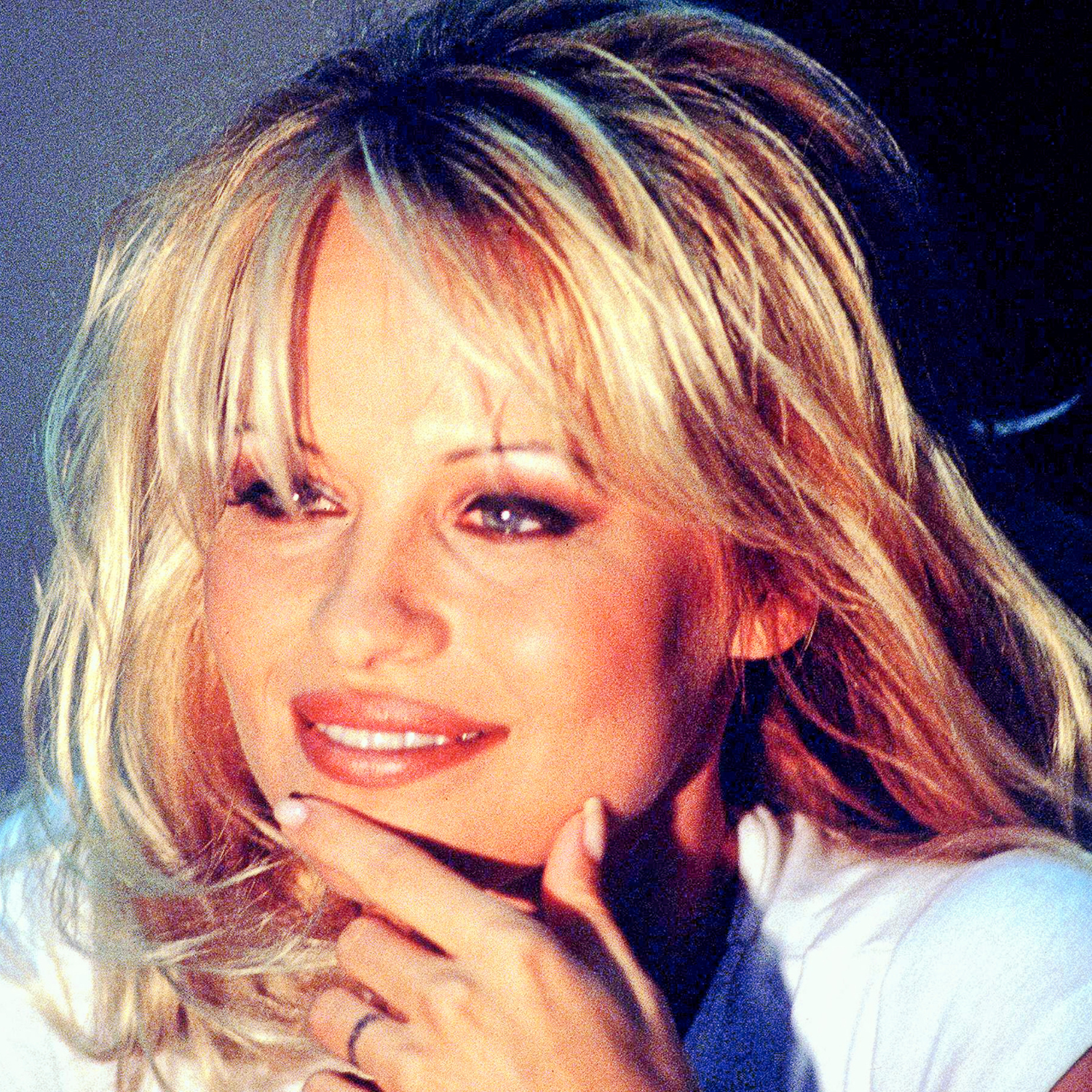 The 90s-inspired wispy, ‘sitcom fringe’ is my new obsession—it’s lightweight and perfect for summer
The 90s-inspired wispy, ‘sitcom fringe’ is my new obsession—it’s lightweight and perfect for summerBring back the nostalgia
By Jazzria Harris